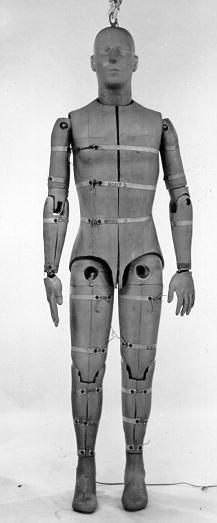The Deep Learning defeat of a human Go champion has coincided with AI research booming in the U.S. like never before, with millions being thrown at freshly minted Ph.D.s in the field and small startups announcing the very immodest goal of “capturing all human knowledge.” Everyone is making a big bet on the sector’s future, and, of course, almost all will go bust. The competition, however, will lead to progress.
The opening of a NYT article by John Markoff and Steve Lohr:
SAN FRANCISCO — The resounding win by a Google artificial intelligence program over a champion in the complex board game Go this month was a statement — not so much to professional game players as to Google’s competitors.
Many of the tech industry’s biggest companies, like Amazon, Google, IBM and Microsoft, are jockeying to become the go-to company for A.I. In the industry’s lingo, the companies are engaged in a “platform war.”
A platform, in technology, is essentially a piece of software that other companies build on and that consumers cannot do without. Become the platform and huge profits will follow. Microsoft dominated personal computers because its Windows software became the center of the consumer software world. Google has come to dominate the Internet through its ubiquitous search bar.
If true believers in A.I. are correct that this long-promised technology is ready for the mainstream, the company that controls A.I. could steer the tech industry for years to come.
“Whoever wins this race will dominate the next stage of the information age,” said Pedro Domingos, a machine learning specialist and the author of The Master Algorithm, a 2015 book that contends that A.I. and big-data technology will remake the world.•




